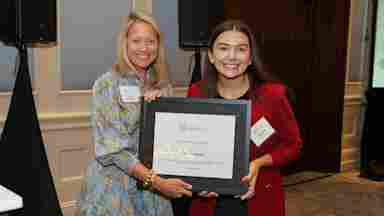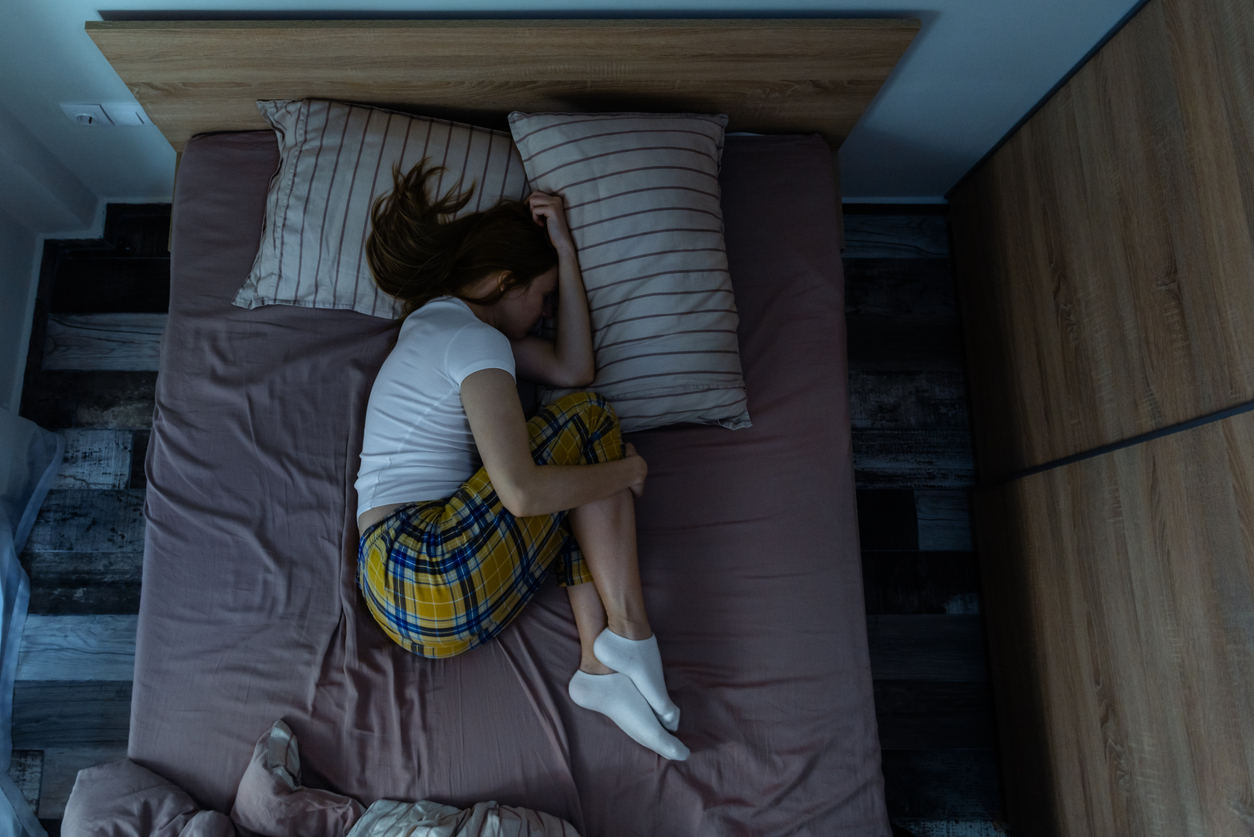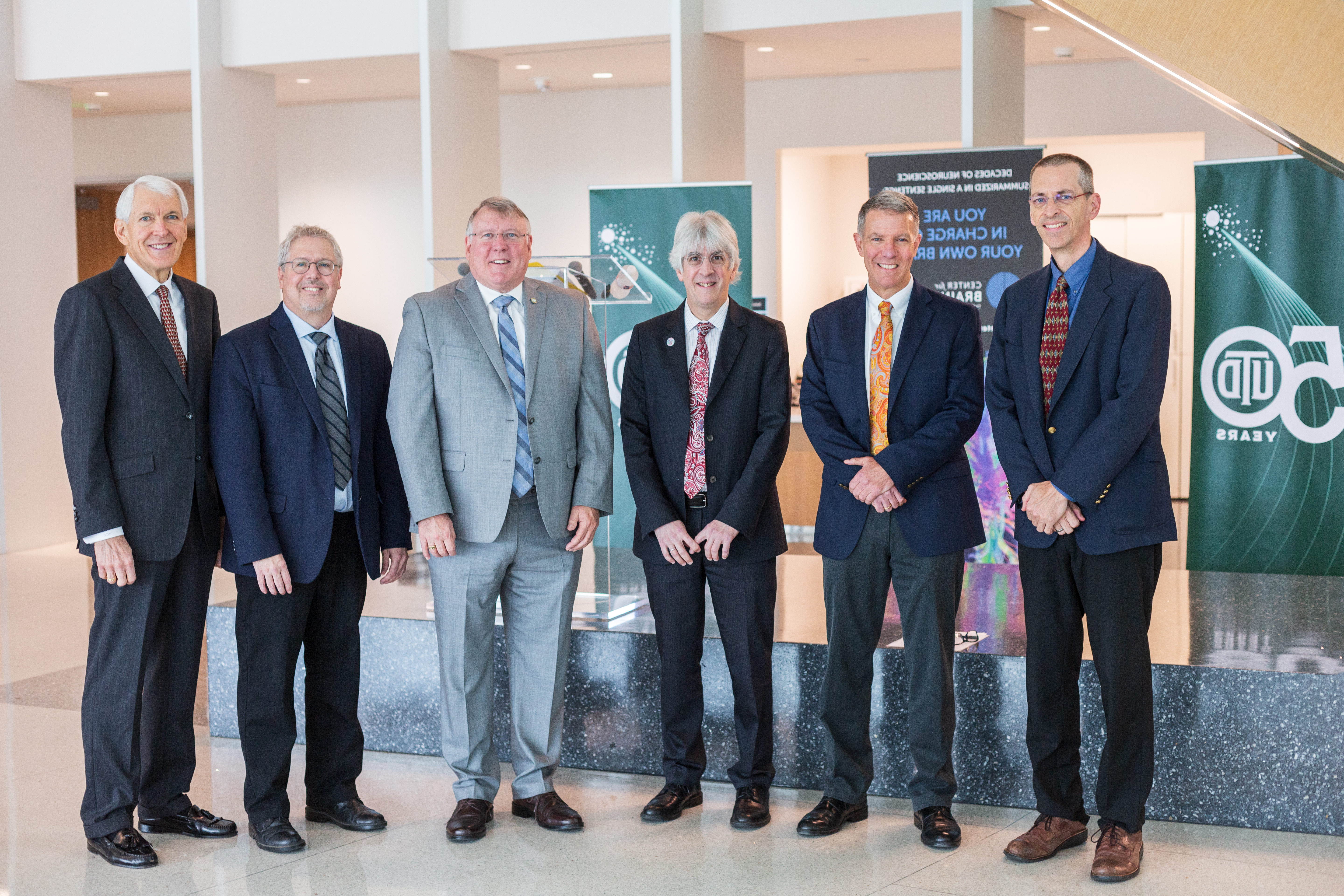“”
- Thanks to Beverly and Don Freeman – Dr. Jessica Kraft (from Dr. Kristen Kennedy’s lab) will explore cognitive aging trajectories in a novel longitudinal project, Structural and Functional Metrics of Brain Aging and Cognitive Decline;
- Thanks to Lyda Hill Philanthropies – Jessica Ma (from Dr. Bart Rypma’s lab) will study the brain-basis for cognitive deficits in multiple sclerosis using functional magnetic resonance imaging (fMRI) and neuropsychological testing, Flowing in and out of the Brain: Understanding Blood Flow Between Networks as a Predictor of Cognitive Decline in Multiple Sclerosis;
- Thanks to Kay and Will Beecherl – Hulon Sherard (from Dr. Bart Rypma’s lab) will seek to identify new biomarkers and treatment approaches in the first whole-brain examination of function with consideration to aging and Alzheimer’s, Exploring the Genesis of Alzheimer’s Disease Using Whole-Brain Metrics.







